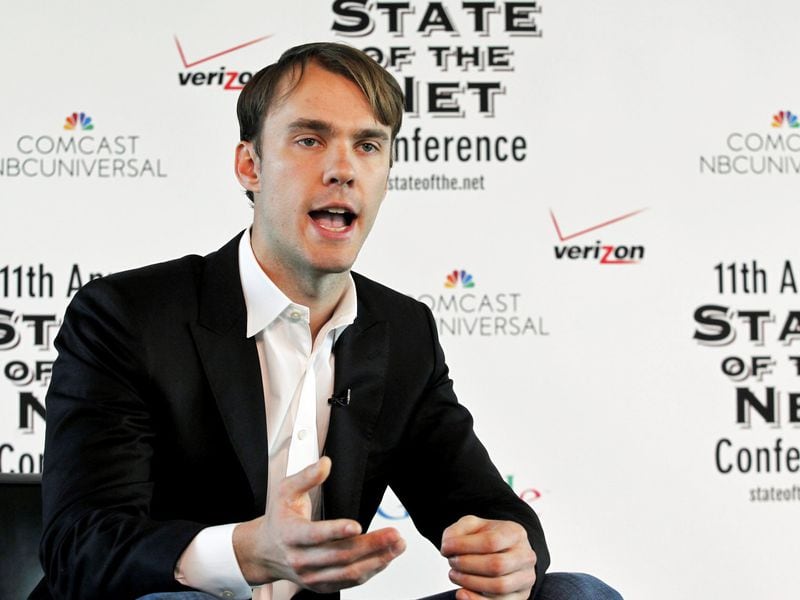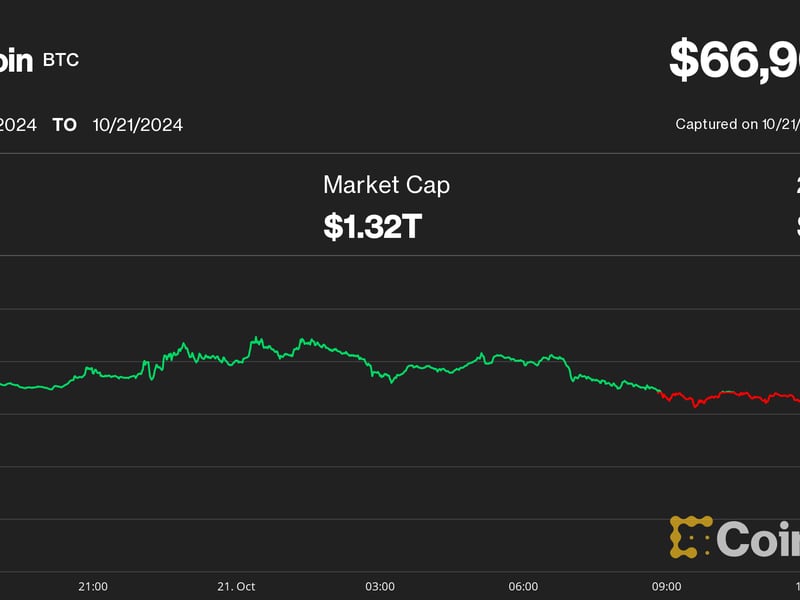Curv Partners With MetaMask to Help Institutions Custody DeFi Assets
Curv Partners With MetaMask to Help Institutions Custody DeFi Assets
Curv is teaming up with MetaMask to allow institutions to be able to invest in decentralized finance (DeFi) protocols with institutional-grade custody options.
Curv is a custody startup that specializes in multi-party computation, and the company chose to integrate with MetaMask after building an integration with lending protocol Compound in July of this year. MetaMask is a wholly owned product of Ethereum software company ConsenSys.
“You get all of the enterprise controls, security level,and audit trail that you would get from Curv, but with MetaMask in one click you get integration with all of the DeFi protocols,” Curv CEO Itay Malinger said, adding:
“A DeFi protocol can become valuable in a matter of seconds or minutes from when it emerges, so you want to have the ability to access new protocols as soon as possible and not wait for your custody provider to integrate with that specific protocol.”
Curv’s customers are professional traders who want to use protocols to lend, stake and trade; and exchanges and wallet providers who want to offer retail customers integrated access to DeFi protocols, Malinger said.
Creating products for institutional customers to have access to DeFi protocols is a burgeoning market. In September, crypto custody firm Trustology announced it was offering a “DeFi Firewall” that would allow customers to set rules or filters specifying which protocols they think are kosher. In the same month, the Chicago DeFi Alliance launched a Liquidity Launchpad program to get “professional players” into DeFi.
The program is only open to a limited number of early adopters so that institutions do not overwhelm the new program, but MetaMask aims to release the program widely by the end of next year, said ConsenSys global fintech co-head Patrick Berarducci.
Curv’s MPC technology allows multiple people within an organization can approve financial decisions on DeFi protocols such as lending assets through a smart contract.
“When it comes to DeFi, there are an infinite number of interactions that you can have with a very large number of smart contracts,” Malinger said. “So an institutional investor wants to keep the operational policy that they have for their digital assets, and the flexibility to define those policies.”









